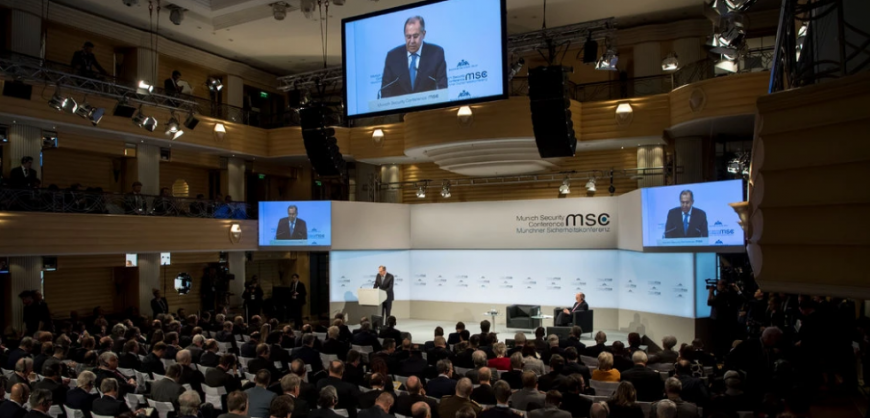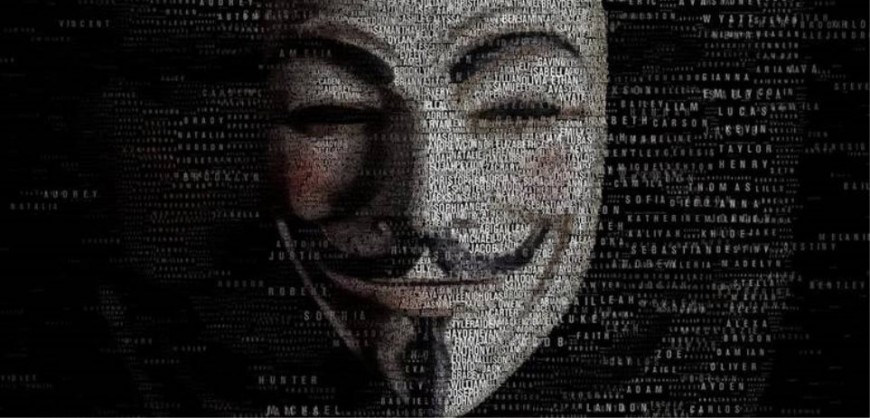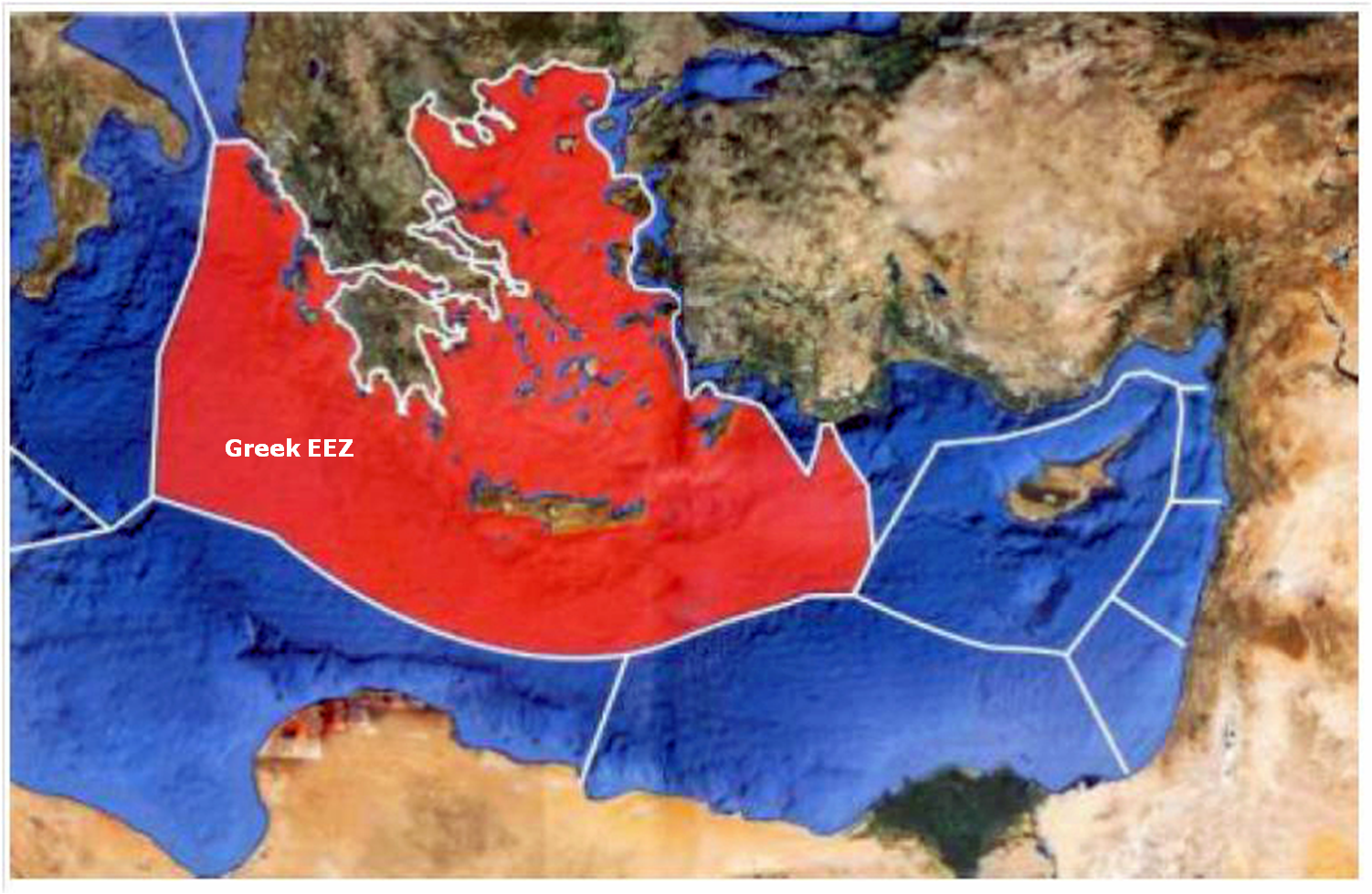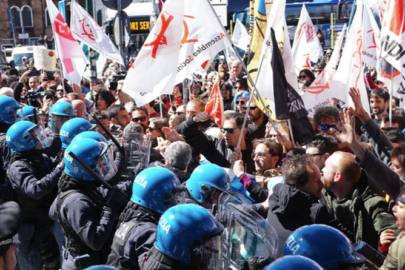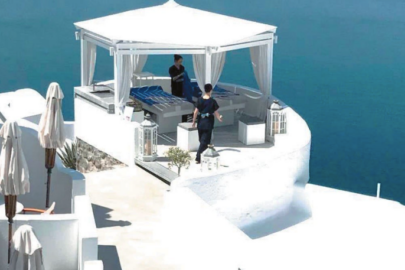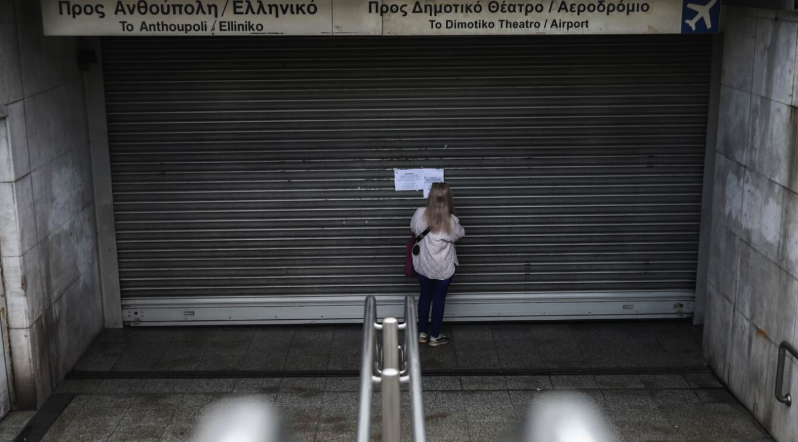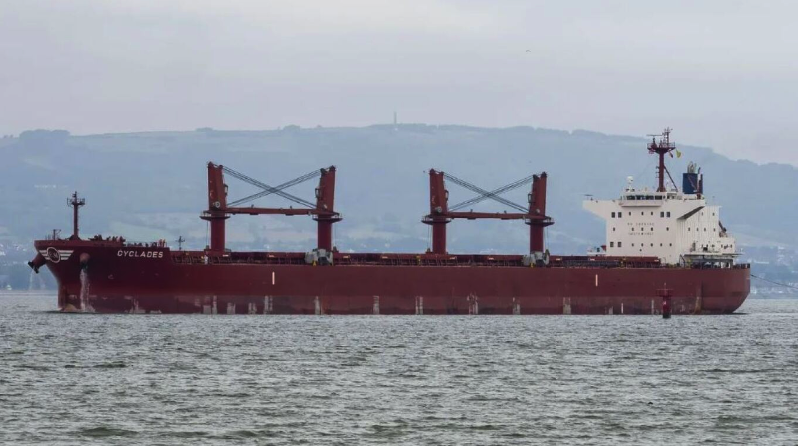World leaders gather on Friday for the annual Munich Security Conference, a meeting begun at the height of the Cold War to address severe military challenges.
For decades, the debate was between largely unified Western nations backing a world vision focused on open markets and strong security institutions like NATO. But the global order is shifting as the Trump administration has pursued policies of withdrawal from overseas conflicts and shunned multilateral institutions in favor of bilateral agreements.
“The whole liberal world order appears to be falling apart,” Wolfgang Ischinger, chairman of the Munich Security Conference, wrote in an introductory note. “We are experiencing an epochal shift; an era is ending, and the rough outlines of a new political age are only beginning to emerge.”
Here’s what to know as the meeting gets underway.
How did it all begin?
The conference was first held in 1963, with the fallout of World War II still lingering and the Cold War at full throttle.
The earliest iteration brought together German leaders with NATO allies, including the United States, to shore up commitments to mutual defense and unite Western policy. The conference was described by its founders as a “trans-Atlantic family meeting.”
In the decades since, it has grown to include representatives from around the world and has served as a platform for airing grievances and testing policies.
Read more HERE

